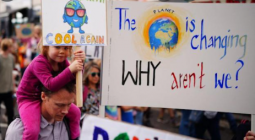COP26: What is the Glasgow climate conference and why is it important?
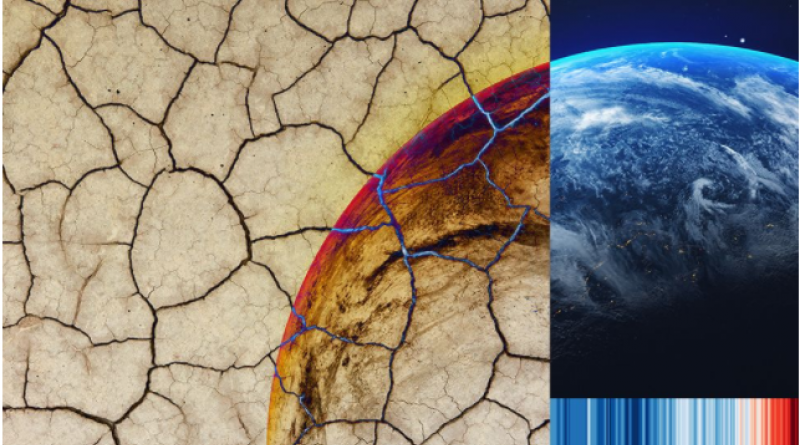
The UK is hosting a summit that is seen as crucial if climate change is to be brought under control.
The meeting in Glasgow from 31 October to 12 November could lead to major changes to our everyday lives.
What is COP26 and why is it happening?
The world is warming because of fossil fuel emissions caused by humans.
Extreme weather events linked to climate change - including heatwaves, floods and forest fires - are intensifying. The past decade was the warmest on record, and governments agree urgent collective action is needed.
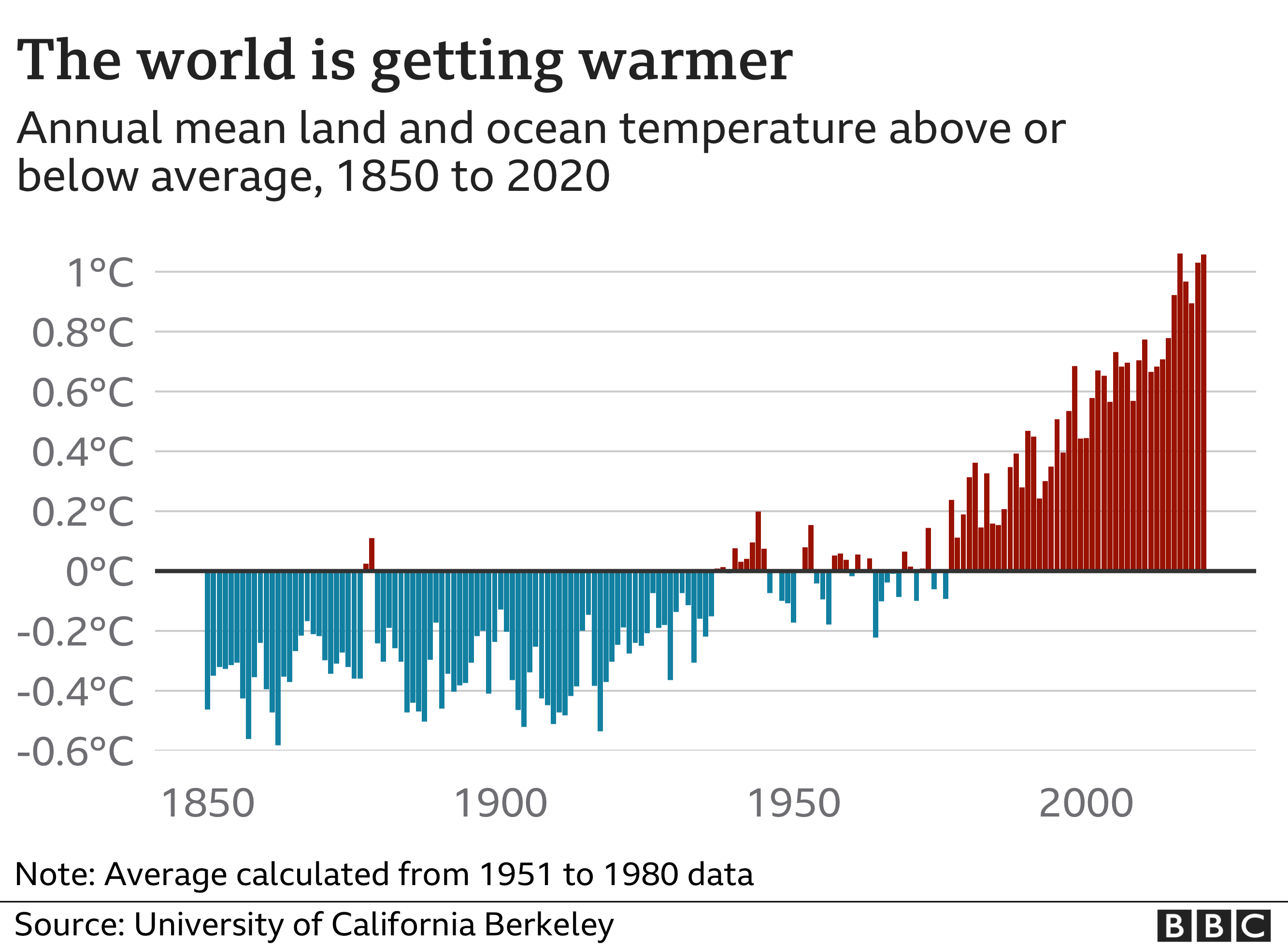
For this conference, 200 countries are being asked for their plans to cut emissions by 2030.
They all agreed in 2015 to make changes to keep global warming "well below" 2C above pre-industrial levels - and to try aim for 1.5C - so that we avoid a climate catastrophe.
This is what's known as the Paris Agreement, and it means countries have to keep making bigger emissions cuts until reaching net zero in 2050.
What will be decided at COP26?
Most countries will set out their plans to reduce emissions before the summit starts - so, we should get a sense of whether we are on track beforehand.
But during the two weeks we can expect a flurry of new announcements.
Many are expected to be very technical - including rules still needed to implement the Paris Agreement, for example.
But some other announcements could include:
- Making a faster switch to electric cars
- Speeding up the phasing out of coal power
- Cutting down fewer trees
- Protecting more people from the impacts of climate change, such as funding coastal-defence systems.
Up to 25,000 people are expected in Glasgow, including world leaders, negotiators and journalists.
Tens of thousands of campaigners and businesses will also be there to hold events, network - and hold protests. Extinction Rebellion, for example, are calling for an immediate end to the use of fossil fuels.
At the end of the conference, some form of declaration is expected.
Every country will be required to sign up and it could include specific commitments.
Are there likely sticking points?
Expect a lot of talk about money and climate justice. Developing countries tend to pollute less per head of population and are not responsible for most of emissions in the past.
But they experience some of the worst effects of climate change.
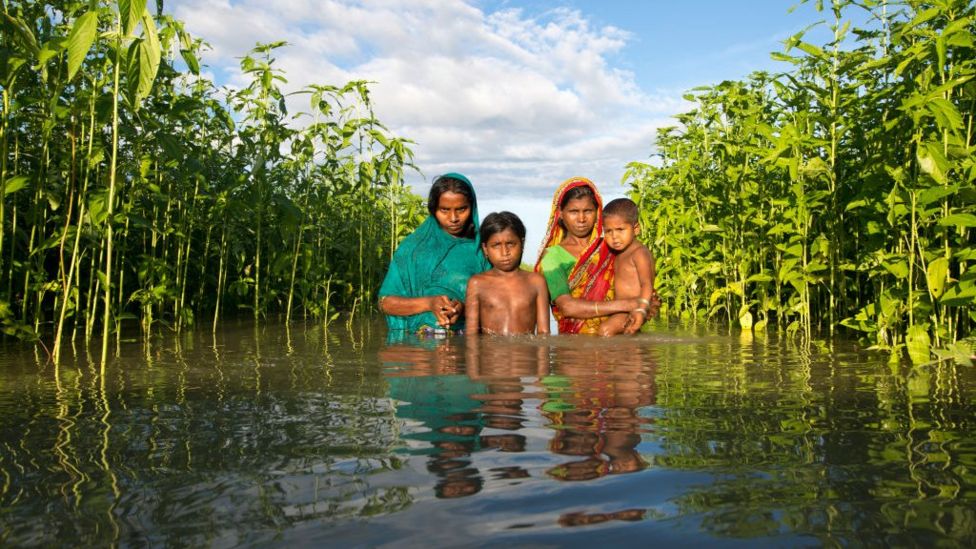
They need money to help reduce their emissions and to cope with climate change. It could mean more solar panels in countries that depend on energy from coal and flood defence systems.
There will also be a battle over compensation for developing countries affected by climate change.
Wealthy countries previously pledged $100bn (£720m) a year to help poorer nations by 2020. A UN assessment last year said the target was likely to be missed, so richer countries are being asked to commit more money.
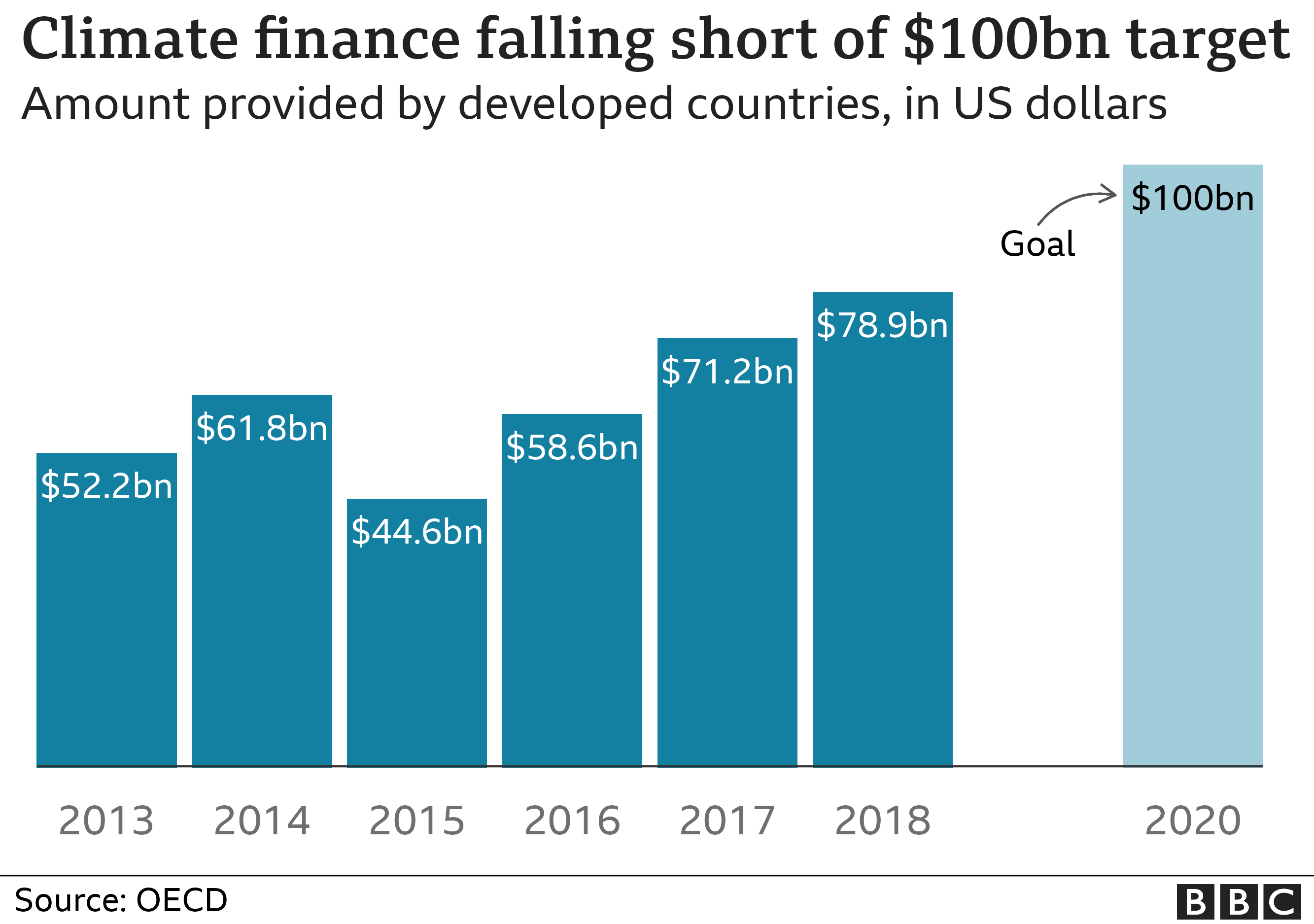
China's commitments at COP26 will also be very important. It is now the world's biggest polluter and has investments in coal stations all over the world.
Many observers will be watching how quickly China - and other major fossil fuel producers - will be willing to reduce their reliance on them.
How will COP26 affect me?
Some commitments made in Glasgow could directly affect our daily lives.
For example, it could change whether you drive a petrol car, heat your home with a gas boiler, or take as many flights.
You will hear a lot of jargon
- COP26: COP stands for Conference of the Parties. Established by the UN, COP1 took place in 1995 - this will be the 26th
- Paris accord: The Paris Agreement united all the world's nations - for the first time - in a single agreement on tackling global warming and cutting greenhouse-gas emissions
- IPCC: The Intergovernmental Panel on Climate Change examines the latest research into climate change
- 1.5C: Keeping the rise in global average temperature below 1.5C - compared with pre-industrial times - will avoid the worst impacts of climate change, scientists say
How will we know COP26 is a success?
As host nation, the UK will likely want all countries to back a strong statement that recommits to net zero emissions by 2050 - as well as big reductions by 2030.
It will also want specific pledges on ending coal, petrol cars and protecting nature.
Developing countries will want a significant financial package over the next five years, to help them adapt to rising temperatures.
Anything short of this is likely to be judged inadequate because there simply isn't more time to keep the 1.5C goal alive.
However, some scientists believe world leaders have left it too late and no matter what is agreed at COP26, 1.5C will not be achieved.
BBC


